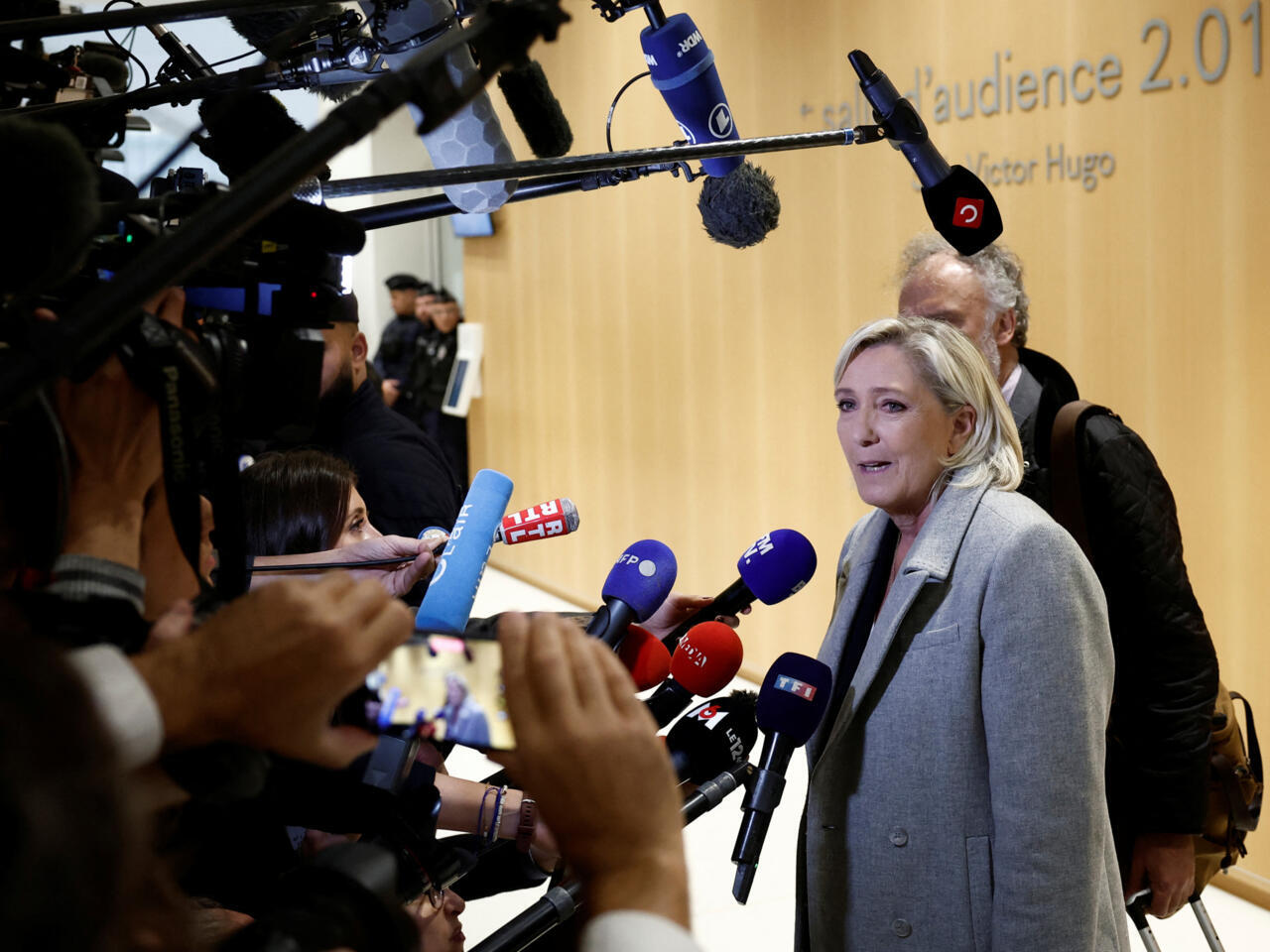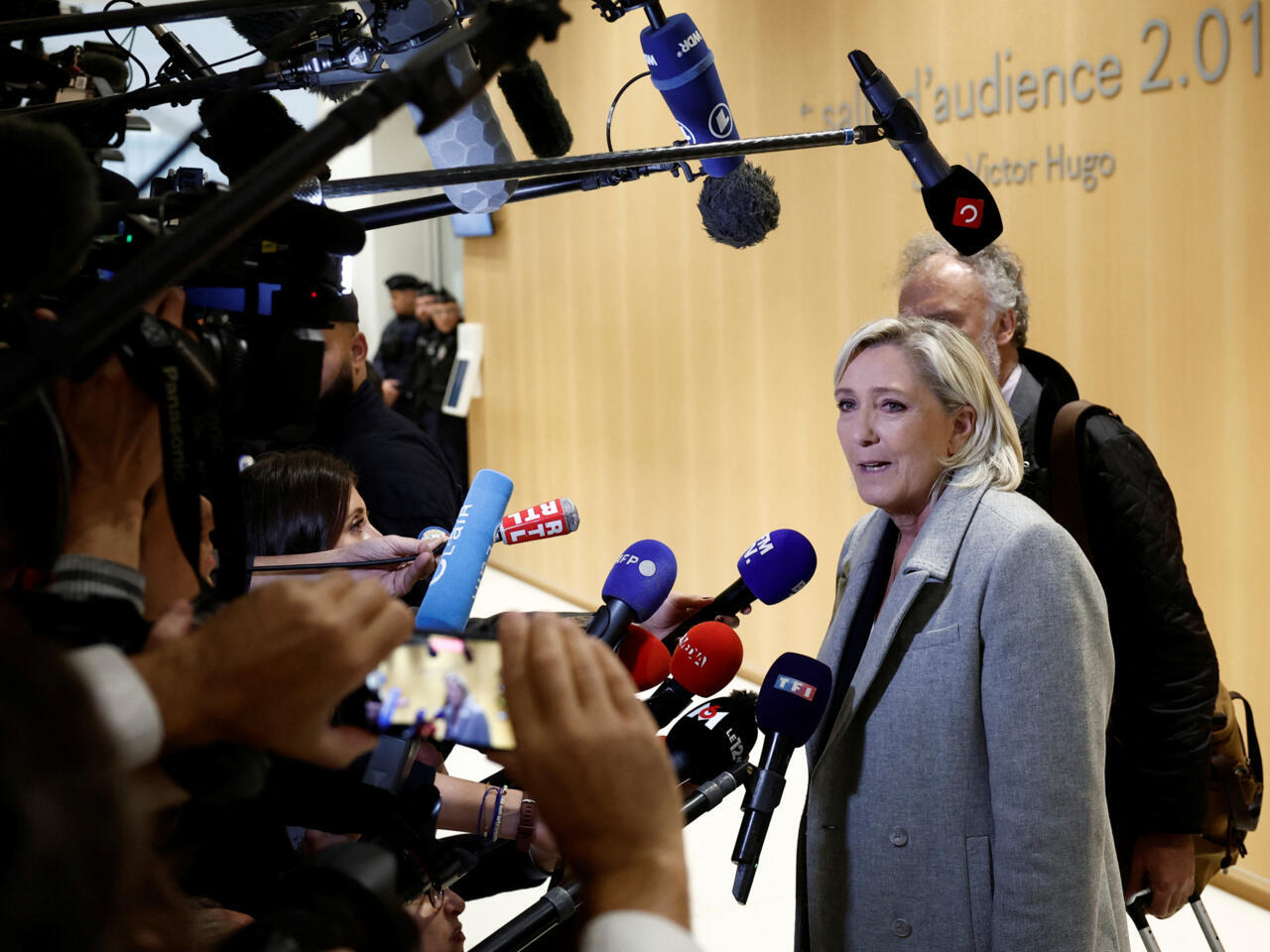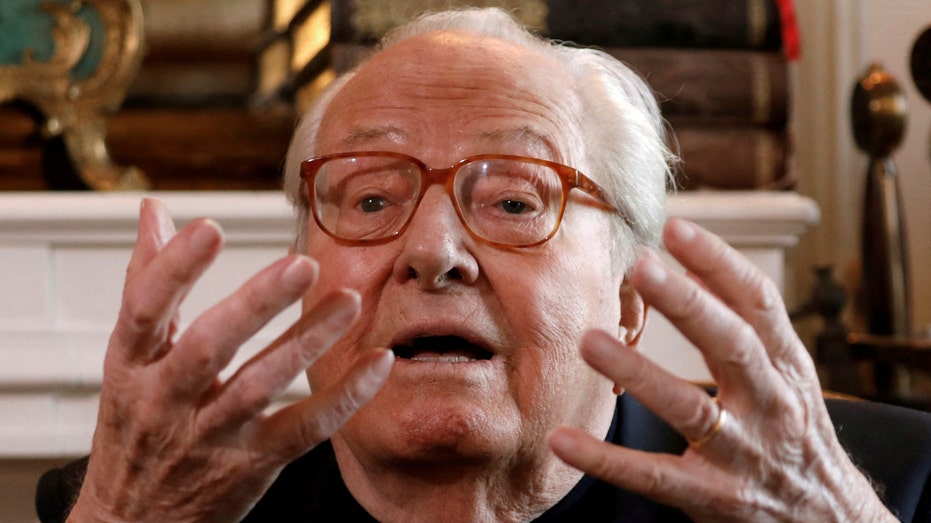
Obituary: Jean-Marie Le Pen – A Polarizing Figure in French Politics
Jean-Marie Le Pen, the controversial founder of France’s far-right National Front party, has died at the age of 96. His death was confirmed by his daughter Marine Le Pen’s political party, National Rally (Rassemblement National).
A Lifelong Controversy
Known for his incendiary remarks and contentious views on immigration and globalization, Le Pen forged a tumultuous political career that incited passionate responses across the political landscape. Throughout his public life, he remained a combative figure, whether as a soldier in France’s colonial conflicts, a five-time presidential contender, or embroiled in heated family disputes.
His most notorious comments arguably came in 1996 when he dismissed Nazi gas chambers as “merely a detail” of World War II, a statement that sparked outrage given the historical context of his remarks. With France’s extensive history during the Nazi occupation and the Holocaust, many deemed his rhetoric not just insensitive but dangerous. Despite facing legal consequences for these comments, Le Pen remained steadfast in his views, illustrating his willingness to provoke and challenge societal norms.
Reactions from the Political Sphere
French President Emmanuel Macron acknowledged Le Pen’s significant yet contentious impact on French politics, stating, “A historic figure of the far right, he played a role in the public life of our country for nearly seventy years, which is now a matter for history to judge.” This statement encapsulates the duality of Le Pen’s legacy as both a formidable populist and a divisive provocateur.
The Rise of a Populist
Le Pen was a master of populist rhetoric who adeptly capitalized on voter discontent surrounding immigration, job security, and national identity. His influence extended beyond the National Front, presaging the rise of similar populist movements worldwide, including Donald Trump’s ascent to the U.S. presidency. Yet, despite his growing political support, the ultimate prize eluded him.
In the 2002 presidential election, Le Pen was able to advance to the runoff stage, a feat that shocked the political establishment. However, he faced a historic defeat at the hands of Jacques Chirac, who garnered overwhelming support from voters aiming to prevent a far-right takeover reminiscent of France’s dark past.
A Critic of European Integration
A staunch critic of European integration, Le Pen waged a campaign against the European Union, portraying it as a threat to French sovereignty. His anti-establishment views resonated with many disenchanted voters, much like the sentiments that propelled the Brexit movement in the United Kingdom.
From Soldier to Politician
Born in Brittany in 1928, Le Pen pursued legal studies in Paris before enlisting in the French Foreign Legion. His military service included combat in France’s colonial campaigns in Indochina and Algeria, during which he defended the controversial French tactics employed while fighting to maintain control over these territories.
Initially, Le Pen’s political aspirations stagnated on the fringes of French politics. However, a substantial inheritance in 1977 provided him with the financial means to rejuvenate his ambitions. This newfound wealth allowed Le Pen to elevate the National Front from the margins into the political mainstream, forcing traditional parties to modify their stances on immigration to offset his party’s growing influence.
Tumultuous Personal Life
While Jean-Marie Le Pen was making waves in politics, his personal life remained turbulent. His marriage ended in the 1980s under scandalous circumstances that included public displays of familial grievances. His wife famously posed semi-nude in Playboy as revenge against him, further adding to his notoriety.
Le Pen’s relationship with his daughters, particularly Marine, deteriorated over the years. Following her ascent to leadership of the National Front in 2011, Marine attempted to steer the party away from its history of antisemitism and xenophobia, initiating a rebranding as the National Rally. Despite her efforts, the ideological rift led to his eventual expulsion from the party he had founded, showcasing the generational tensions and differing visions within the far-right movement.
A Complex Legacy
Jean-Marie Le Pen leaves behind a multifaceted legacy. For his supporters, he epitomized a fight for free speech and the sovereignty of the French nation. In stark contrast, his critics argue that he played a pivotal role in the normalization of xenophobic and far-right politics in France.
As French political history continues to unfold, the impact of Le Pen’s actions and rhetoric will remain a topic for reflection and debate. His polarizing presence undoubtedly reshaped the narrative surrounding nationalism and populism, with implications that resonate far beyond France’s borders.


















